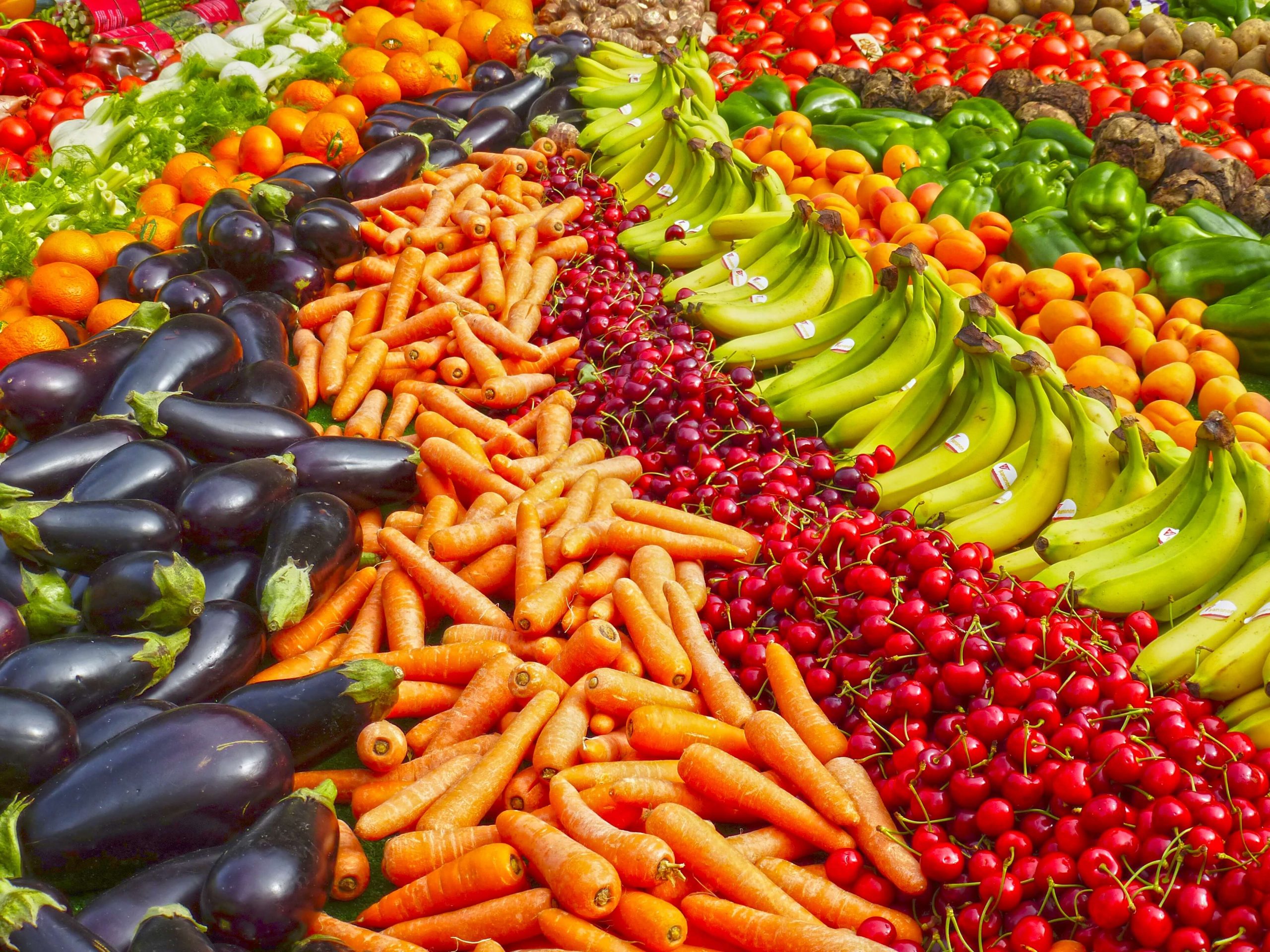
By Rachel Lee
“By managing food sustainably and reducing waste, we can help businesses and consumers save money, provide a bridge in our communities for those who do not have enough to eat, and conserve resources for future generations,” says the Environmental Protection Agency (EPA).
According to the U.S. Department of Agriculture, food waste is estimated to be 30-40% of the food supply, corresponding to about 133 billion pounds and $161 billion worth of produce in 2010. This amount of waste contributes to a number of consequences, such as the loss of land, water, energy, and labor that was used in producing, processing, transporting, preparing, storing, and disposing. Although food waste can occur at any stage, consumers can make a tremendous impact by taking specific steps—one of them being composting.
Compost is the organic and decayed material from food waste, yard scraps, and other matter that is added to soil for nutrition. Not only does it promote a higher yield of crops, but composting also reduces methane emissions and the need for chemical fertilizers.
In response to these benefits, composting grew in popularity among Americans, rising from 1.84 million tons in 2013 to 2.6 million tons in 2017, according to the EPA.
However, these attempts only contributed to a small percentage of the food thrown out in the United States. In other words, much more progress needs to be made. Luckily, there are a number of resources available for individuals, families, schools, and businesses wanting to learn how to compost. Here, we outline how you can take part in reducing food waste in your own backyard.
The Basics
There are three basic ingredients when composting:
- Water
- “Browns,” such as dead leaves, branches, and twigs
- “Greens,” such as grass clippings, vegetable waste, fruit scraps, and coffee grounds
The compost pile should have an equal amount of brown and green material. It is also recommended to alternate layers of different-sized fragments.
What to Compost
There are many things you can compost, including these common items:
- Fruits and vegetables
- Eggshells
- Coffee grounds and filters
- Tea leaves and bags
- Nut shells
- Pizza Boxes
- House plants
- Leaves
- Wood chips
- Cotton and wool rags
- Dryer and vacuum cleaner lint
- Paper
- Dust, hair, and fur
For a comprehensive list of what and what not to compost, visit https://www.epa.gov/recycle/composting-home.
What You’ll Need
- A plastic container to collect kitchen scraps.
-
- Choose one that is easy to fill, empty, and wash.
- Size depends on how much waste will be produced, and if it will fit in the place where it is kept; a 4-5 gallon bucket is recommended.
-
- Another plastic container to keep your compost in.
-
- Size depends on how much waste will be produced, but should be much larger than the plastic container that collects kitchen scraps.
-
How to Compost
If you have the option to compost in your backyard, here are a few steps provided by the EPA.
- Find a shady and dry area near a water source in which to place your compost bin.
- Add brown and green materials as they are collected, making sure they are cut into smaller pieces; moisten dry materials as they are added.
- Once your compost bin is filled, mix grass and other organic waste into the pile, and bury compostable food waste under 10 inches of more compost material.
- Cover the compost bin to maintain moisture by spraying with water.
- Your compost is ready once the material at the bottom is dark and rich in color—that’s your compost. This can take anywhere between two months to two years, depending on the circumstances.
If you are not in the position to compost yourself, here are a few resources throughout the state that provide composting services.
- Phoenix: Recycled City offers pickup services for residents and small businesses. They provide you with a bin for collecting kitchen waste, which they then pick up at your convenience. Likewise, you can choose to donate your compost to local gardens and farms or take it back to use in your own backyard. For more information, visit https://recycledcity.com.
- Flagstaff: Corbin Composting is a curbside collection service. They pick up and replace your compost twice a month, and offer consulting to those who wish to set up their own pile at home. For more information, visit https://www.corbincompost.com.
- Tucson: Scraps on Scraps provides materials, instructions, and biweekly pickup services. Each visit, they will swap the bucket you placed outside with a new one. For more information, visit https://scrapsonscraps.com.
Composting is only one of the many ways we can reduce food waste. Changes can be made in the way we plan, shop, store, and prep. For more information on how to engage in such change, visit
https://www.epa.gov/recycle/reducing-wasted-food-home.
Keep up with all of Green Living’s content by visiting our website.
Rachel Lee is an editorial intern at Green Living Magazine who is pursuing a degree in global studies and sustainability at Arizona State University. Born and raised in Arizona, she has always been in awe of its unique landscape and hopes to engage in ways to preserve its beauty.






Really excited to start composting. I’ll definitely give it a try; I didn’t know that Phoenix offered composting services!